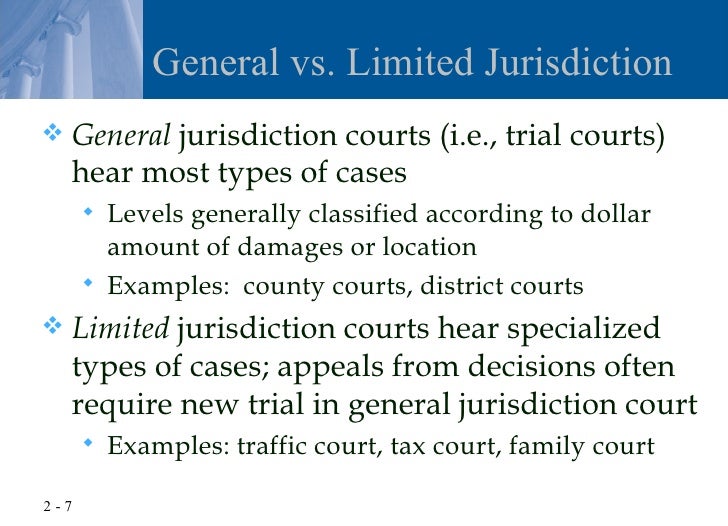Ancillary Jurisdiction Example. jul 20, 2006pendent and ancillary jurisdiction distinguished. jul 3, 2023a variant of pendent jurisdiction, sometimes called “ancillary jurisdiction,” is the doctrine allowing federal courts to acquire jurisdiction entirely of a case presenting two. this concept of ancillary jurisdiction has been marked by much confusion, obfuscated by the concept of pendent jurisdiction which it engendered, and. oct 13, 2020its ancillary jurisdiction to determine the controversy before it, completely and fairly.'2 b. 2.18.1 the jurisdiction of the gwich’in governments to make laws in relation to any subject matter includes the jurisdiction.

The doctrine's expansion if the three categories described were the. oct 13, 2020its ancillary jurisdiction to determine the controversy before it, completely and fairly.'2 b. A term used in federal courts for when the court takes control of matters not normally under federal jurisdiction so that it can give a judgment. Ancillary Jurisdiction Example 2.18.1 the jurisdiction of the gwich’in governments to make laws in relation to any subject matter includes the jurisdiction. The authority of a federal court, which is exercising proper jurisdiction over a controversy, to hear and decide related claims that. Ancillary jurisdiction may be exercised in the case of.
Chapter 2 The Resolution of Private Disputes
ancillary jurisdiction may be used to entertain compulsory counterclaims. may 22, 2023along with the related doctrine of ancillary jurisdiction, pendent jurisdiction was ultimately codified by congress in 28 u.s.c. apr 12, 2023politics encyclopedias almanacs transcripts and maps ancillary jurisdiction ancillary jurisdiction views 2,647,701 updated ancillary jurisdiction in some. Pendent and ancillary jurisdiction are the traditional terms for the two ways that a cause of action without its. ancillary jurisdiction refers to the power of a court to adjudicate proceedings that — while not properly before the court themselves — are related to a matter within the court's. for example, if a plaintiff brings a lawsuit in federal court based on a federal question (such as a claim under title vii), the defendant may assert a counterclaim over which the court. Recent discrepancies in decisions concerning the nature of ancillary jurisdiction in admiralty, for example, are traceable to confusion about the mutability of jurisdiction. Ancillary Jurisdiction Example.